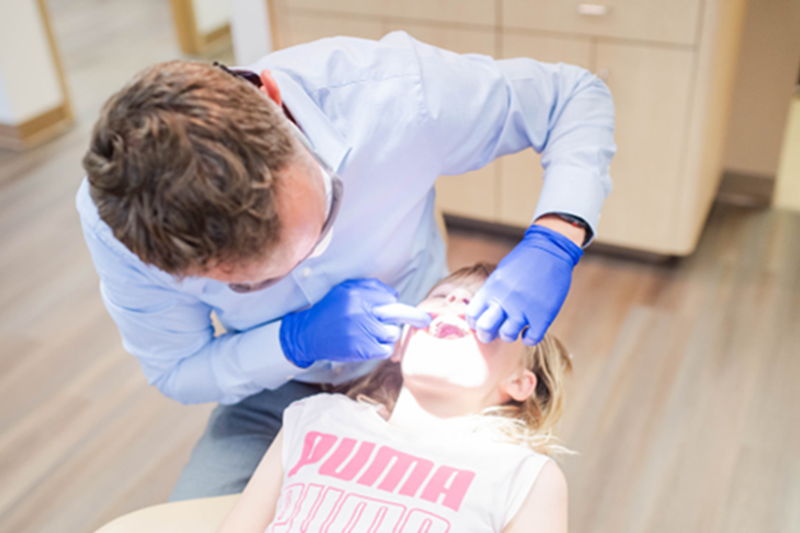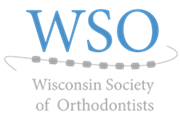Now that your braces are on, it is important for you to properly care for your braces throughout your entire orthodontic experience.
Eating with Braces
There are many good foods you can still enjoy while you have your braces on. It is best to take special care to avoid specific foods that may damage your new appliances.
Foods to Avoid with Braces
Foods you can enjoy with Braces

Soreness
When you first get your braces, you may notice that your teeth and mouth feel a little sore. This is perfectly normal and can last a few days as your teeth and gums get used to the braces. Oral rinses, a soft diet, and pain relievers can be of help during this time. Soft tissues like the cheeks, lips, and tongue also can be tender while they adjust to the appliances. This process can take a week or two.

School Activities Like Sports or Playing an Instrument
Playing an instrument or a contact sport may require some adjustment when you first get your braces, but wearing braces will not stop you from participating in any of your school activities! If you play a contact sport, it is recommended that you wear a mouth guard to protect your braces or appliance.

Brushing & Flossing
Start with a soft-bristled brush. Used carefully, an electric toothbrush also works well on a moderate power level. Brush with fluoride toothpaste at least 2x/day (preferably after meals) for at least 2 minutes each time. Remember to brush all of your tooth surfaces and be especially careful to clean the areas between the wires and teeth as well as between the brackets and gums.
If you are struggling with cleaning the areas around your wires and brackets, an interdental toothbrush can clean the tiny spaces under the wires, around bands and brackets.
To keep your teeth and gums healthy you need to floss once a day. With the help of a floss threader, you can get under the wires of your braces. Water flossers are also helpful during orthodontic treatment to keep teeth and tissue clean.
Make sure to use toothpaste that contains fluoride, and ask your orthodontist or family dentist if you need a fluoride rinse. This will help prevent cavities!
During your treatment, try to avoid foods with a lot of sugar (sugar increases the amounts of bacteria that grows in your mouth, causing more plaque and possibly cavities).



